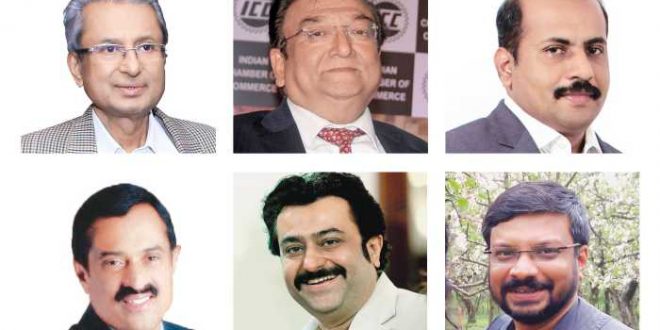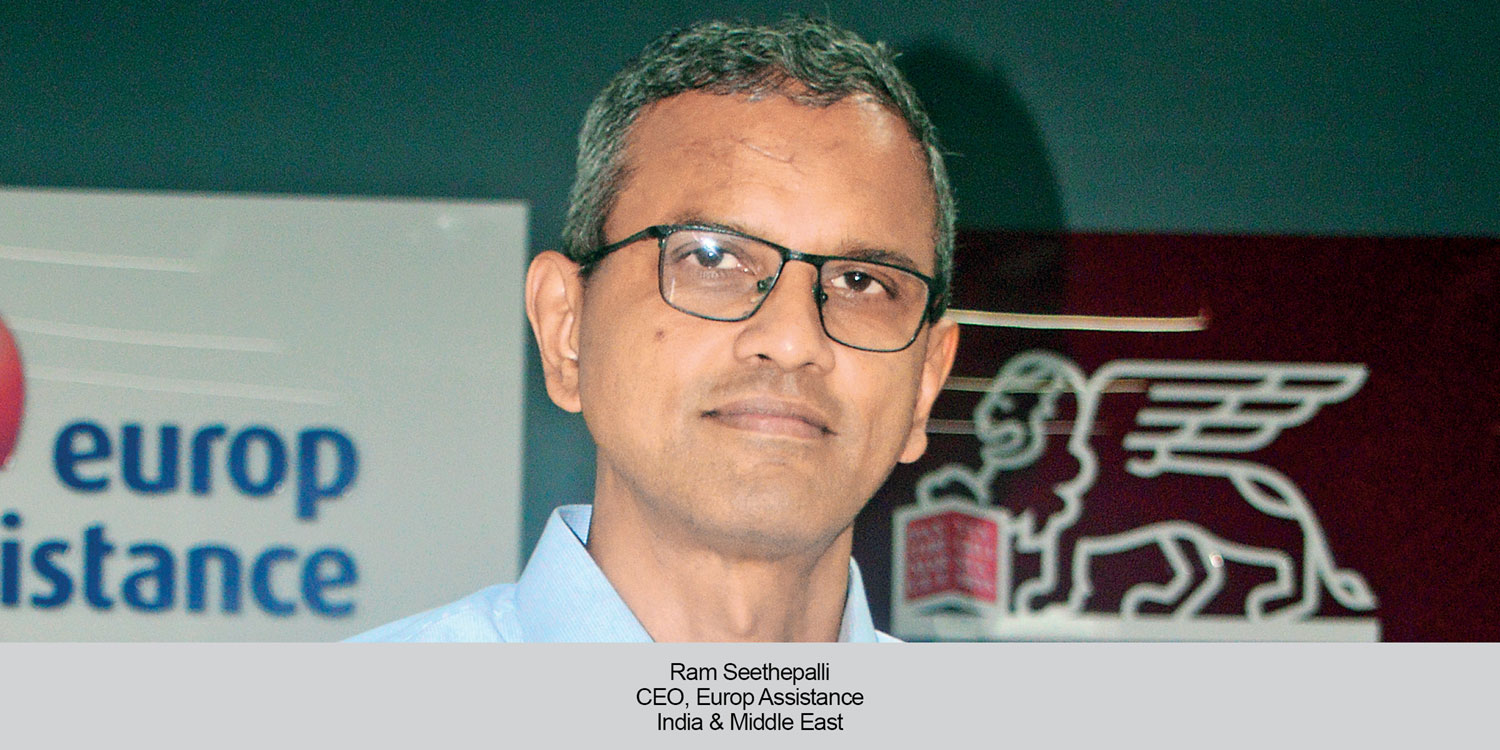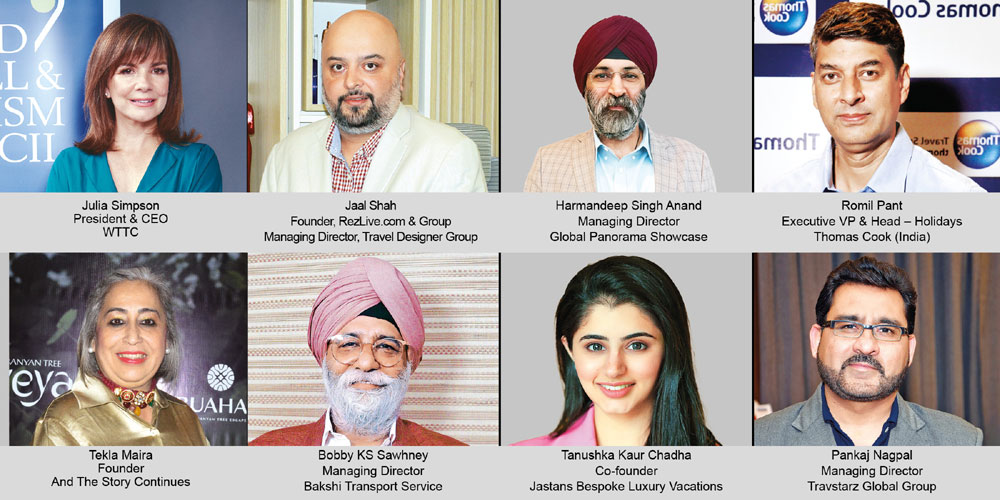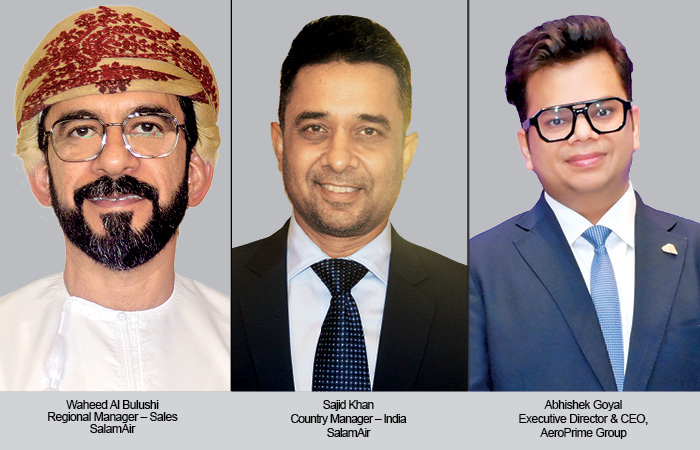“We want that for tourism, the cascading effect of GST should be controlled. The five per cent tax levied on the entire package along with individual services in the package, which are taxed separately, should be done away with. This is making the package costlier for the customer. Secondly, tourism should have same exemptions as export business. On exports and services in tourism, the GST exemption should be the same, because GST is supposed to be one tax, which is not the case. When foreigners are taking services against foreign exchange GST is levied but for goods sold abroad there should be no GST.” – Pronab Sarkar, President, IATO
“GST is hailed as the biggest tax reform of India. The implementation fo this tax structure caused disruption initially, but it is gradually settling down. I feel that still there is enough space to reduce the corporate tax to encourage and enthuse the corporate sector to work hard and earn due returns. If the corporate landscape is cultivated and supported with reduced corporate taxation, more business would come up increasing the revenue to the government. It is time to make the GST regime more reasonable, for which the GST council has to be mobilised.” – EM Najeeb, India Travel Award winner, Chairman–Southern Region, IATO
“We are quite optimistic that this year’s Union Budget will focus on tourism sector as the government is keen to generate employment and increase revenue. We are grateful to the GST Council for allowing input credit to tour operators who are buying products from other tour operators on the lowest slab of 5 per cent. However, if the government really wants to help the tourism industry then they must exempt services provided to foreign tourist based on the foreign exchange earnings because whatever tax the government charges to foreign tourists it amounts to exporting of taxes.” – Subhash Goyal, India Travel Award winner and Hony. Secretary, FAITH
“India is planning to cut taxes on travel and tourism in the Budget to boost domestic tourism. In an age of strong competition from global destinations, tax rates should be on par with global standards to inject viability into the sector. The uniformity of taxes across states is also vital in this context. The budget is also expected to significantly raise allocations for tourism infrastructure and raise income tax exemptions on investments in new hotels. This shall incorporate lower income tax on corporate profit, offer tax incentives on hotel construction and allocate more funds for new tourist trains and building roads to tourist destinations.” – Anil Punjabi, Chairman, Travel Agents Federation of India (East India)
“To encourage domestic MICE, five per cent corporate tax reduction should be announced for companies conducting their annual meets, staff meets, etc. in India. Incentives/ income tax reduction needs to be given for corporate companies conducting meetings in India. We expect lowering of 28 per cent GST to 18 per cent on hotels charging tariff of `7500. There is a need to enhance the Incredible India website to feature among the world’s top 10 popular websites. The Government needs to encourage tour operators to remain in business by giving lowest tax slabs and incentives. The present multiple GST system in B2B and B2C segment needs to be removed.” – Anish Kumar, PK President, ATTO
“The Indian travel packages have become expensive with GST and are unable to compete with the prices of holiday packages offered by other countries. Currently, we have to pay around 30 per cent tax for an Indian package whereas only 10 per cent tax is payable for Singapore and Thailand. This difference in GST tax structure is hampering steady business flow. A large chunk of hoteliers and service providers are still not under the purview of the new tax scheme. Besides, we need more rooms in various destinations to generate more business even on the domestic tourism front.” – Nilanjan Basu, Joint Secretary, Travel Agents Association of Bengal
 TravTalk India Online Magazine
TravTalk India Online Magazine





